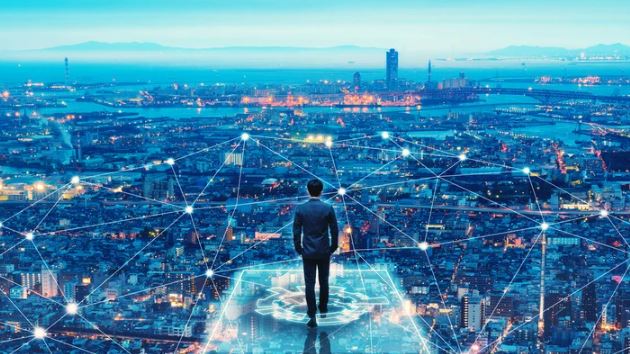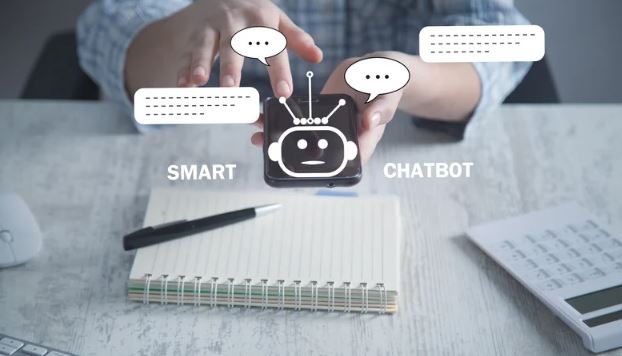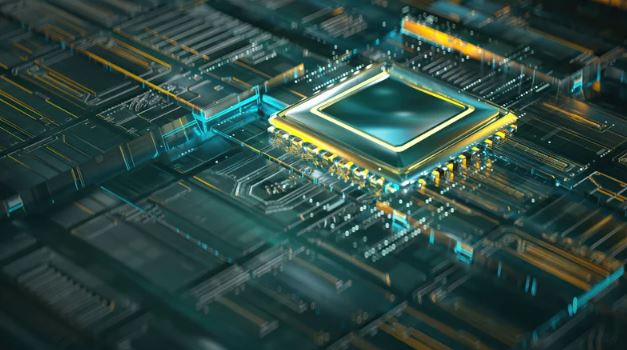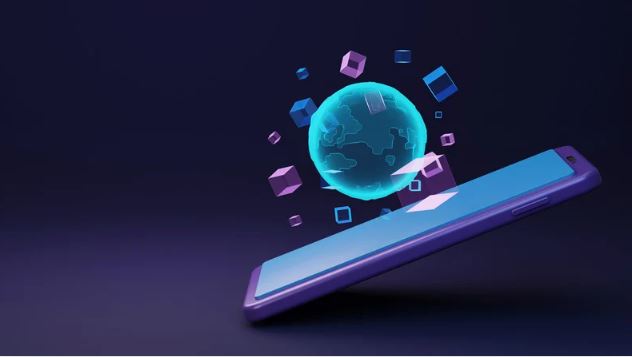Technology has been a defining factor in shaping the world we live in. From the invention of the wheel to the rise of artificial intelligence (AI), the relentless march of progress has altered how we work, communicate, and even think. In this article, we’ll explore the evolution of technology, its impact on our lives, and what the future might hold as emerging innovations continue to reshape our world.
A Brief History of Technology
The roots of technology stretch back to the dawn of humanity when early humans first began crafting tools from stone. These primitive innovations laid the foundation for human progress, enabling our ancestors to hunt more efficiently and adapt to their environment. Over millennia, the development of agriculture, the discovery of metals, and the rise of complex societies led to further technological advancements.
Fast forward to the Industrial Revolution in the late 18th century, and technology experienced a massive acceleration. Machines powered by steam engines revolutionized industries such as textiles and manufacturing. This era also saw the birth of electricity, which eventually led to the invention of the light bulb, telephone, and radio. The 20th century was marked by further breakthroughs, including the automobile, airplane, and computer.
The Digital Age: A Technological Revolution
The advent of computers in the mid-20th century signaled the start of the digital age, a period defined by rapid advancements in information technology. Early computers were massive, expensive machines used primarily by governments and large corporations. However, the invention of the microprocessor in the 1970s paved the way for personal computers, making computing power accessible to individuals.
In the 1980s and 1990s, personal computers became mainstream, transforming how people worked, learned, and entertained themselves. The rise of the internet in the late 1990s further accelerated this transformation, connecting people across the globe and enabling the creation of a digital economy. The dot-com boom and the subsequent growth of tech giants such as Google, Amazon, and Facebook solidified the internet’s place as one of the most important technological developments in history.
The Age of Smartphones and Mobile Technology
The early 2000s marked the beginning of another significant shift in technology: the rise of mobile devices. The introduction of smartphones, particularly Apple’s iPhone in 2007, revolutionized the way people interact with technology. Suddenly, the internet was no longer confined to desktop computers but could be accessed from the palm of your hand. This led to the explosion of mobile apps, social media, and e-commerce.
Smartphones have become an essential part of daily life, with billions of people using them to communicate, work, shop, and entertain themselves. Mobile technology has also spurred advancements in areas such as augmented reality (AR) and virtual reality (VR), which are beginning to blur the lines between the digital and physical worlds.
The Role of Artificial Intelligence (AI) in Today’s Tech Landscape
Artificial intelligence (AI) is arguably the most transformative technology of the 21st century. While AI has been a concept since the mid-20th century, recent advancements in machine learning, neural networks, and data processing have made AI more practical and powerful than ever before.
Today, AI is being integrated into a wide range of applications, from voice assistants like Siri and Alexa to recommendation algorithms used by streaming services and e-commerce platforms. AI is also playing a crucial role in industries such as healthcare, finance, and transportation. In healthcare, AI is being used to analyze medical data and assist in diagnosing diseases. In finance, AI algorithms help detect fraud and automate trading. And in transportation, self-driving cars and drones are becoming a reality, thanks to advancements in AI.
The Internet of Things (IoT): Connecting the World
The rise of the Internet of Things (IoT) is another major trend in the tech industry. IoT refers to the network of interconnected devices that can communicate with each other and exchange data. These devices range from smart thermostats and security cameras to wearable fitness trackers and industrial sensors.
IoT is transforming industries by enabling real-time data collection and analysis, which can lead to more efficient operations and better decision-making. For example, in manufacturing, IoT sensors can monitor equipment performance and predict when maintenance is needed, reducing downtime and improving productivity. In agriculture, IoT devices can monitor soil moisture and weather conditions to optimize irrigation and crop yields.
On the consumer side, IoT is making homes smarter and more convenient. Smart home devices like smart speakers, lights, and locks can be controlled remotely through smartphone apps or voice commands. This level of connectivity is improving convenience and security, while also laying the groundwork for more complex applications like fully automated homes.
Challenges and Ethical Considerations
As technology continues to advance, it also raises important challenges and ethical questions. One of the most pressing concerns is data privacy. With the increasing amount of personal information being collected by tech companies, there are growing concerns about how this data is being used and whether individuals’ privacy is being respected. High-profile data breaches and scandals have highlighted the need for stronger data protection measures and greater transparency from tech companies.
Another challenge is the potential for job displacement caused by automation and AI. While technology has always created new jobs, it has also eliminated others. As AI and robotics continue to improve, there is a real possibility that certain jobs, particularly in manufacturing and service industries, could be automated. This raises important questions about how society will handle the transition and ensure that workers are not left behind.
Additionally, AI brings with it ethical dilemmas, particularly when it comes to decision-making processes. For example, AI algorithms used in hiring, lending, and law enforcement have been found to exhibit bias, leading to unfair outcomes. Addressing these biases and ensuring that AI is used responsibly will be critical as the technology continues to evolve.
The Future of Technology: What Lies Ahead
Looking ahead, the future of technology is incredibly exciting. AI will continue to advance, with potential breakthroughs in areas such as natural language processing, computer vision, and autonomous systems. Quantum computing, which has the potential to solve complex problems that are beyond the capabilities of classical computers, could revolutionize industries such as cryptography, drug discovery, and materials science.
The continued development of 5G networks will enable faster, more reliable internet connections, which will unlock new possibilities for IoT, AR, VR, and other emerging technologies. In healthcare, advancements in biotechnology, such as gene editing and personalized medicine, could lead to breakthroughs in treating diseases and extending human lifespan.
However, as we move into this new era, it’s important to remain mindful of the challenges and responsibilities that come with technological progress. Ensuring that technology is used for the benefit of all and that its risks are managed responsibly will be key to shaping a future where innovation and ethics go hand in hand.
Conclusion
Technology has come a long way since the days of primitive tools and steam engines. Today, we live in a world where AI, IoT, and other advanced technologies are transforming industries and reshaping our daily lives. As we look to the future, the possibilities are endless, but so are the challenges. By embracing innovation while also addressing the ethical and societal implications, we can build a future where technology continues to drive progress and improve the human experience.












Leave a Reply